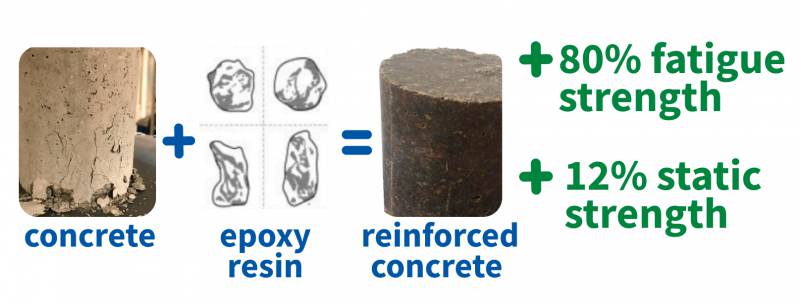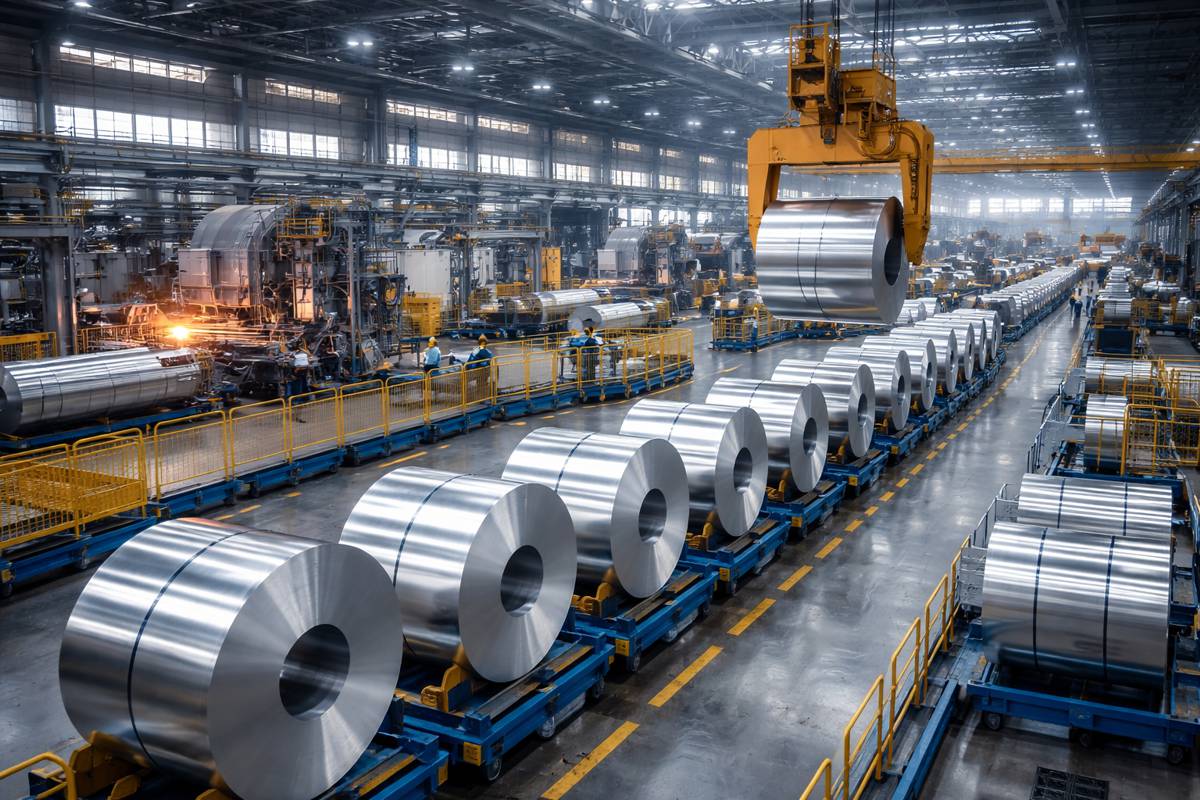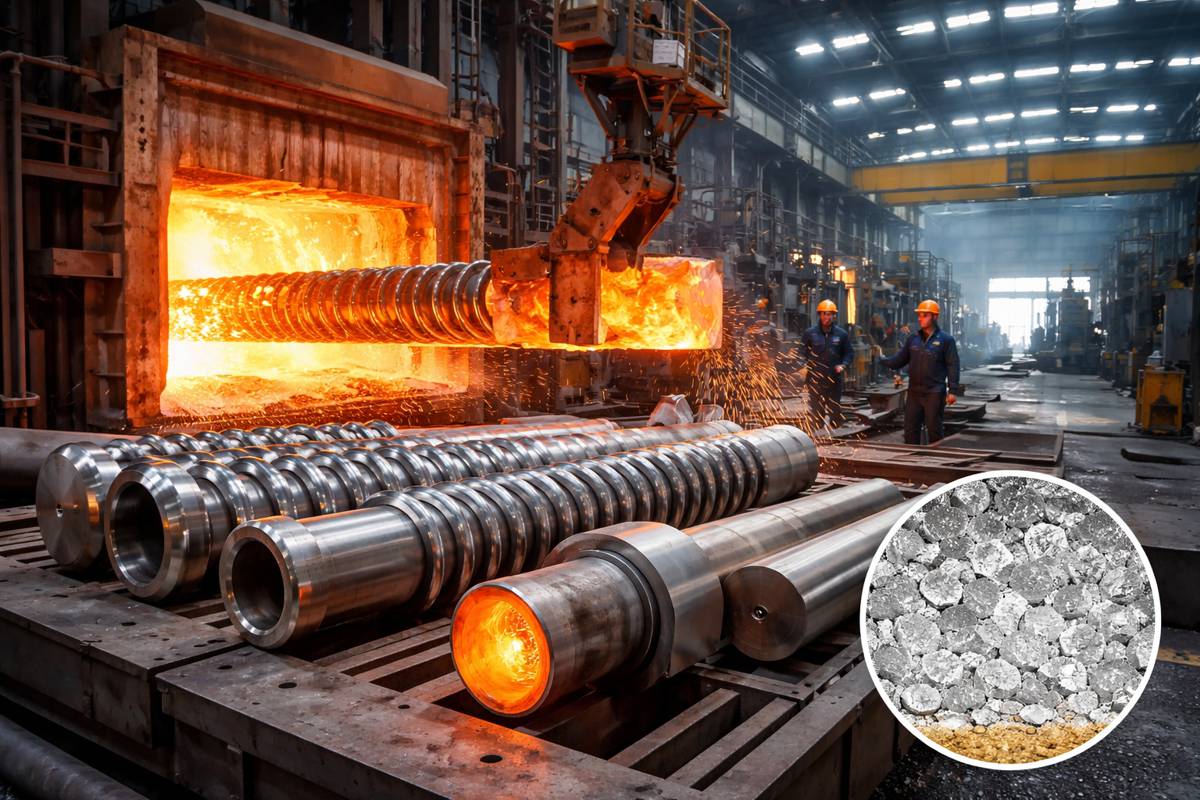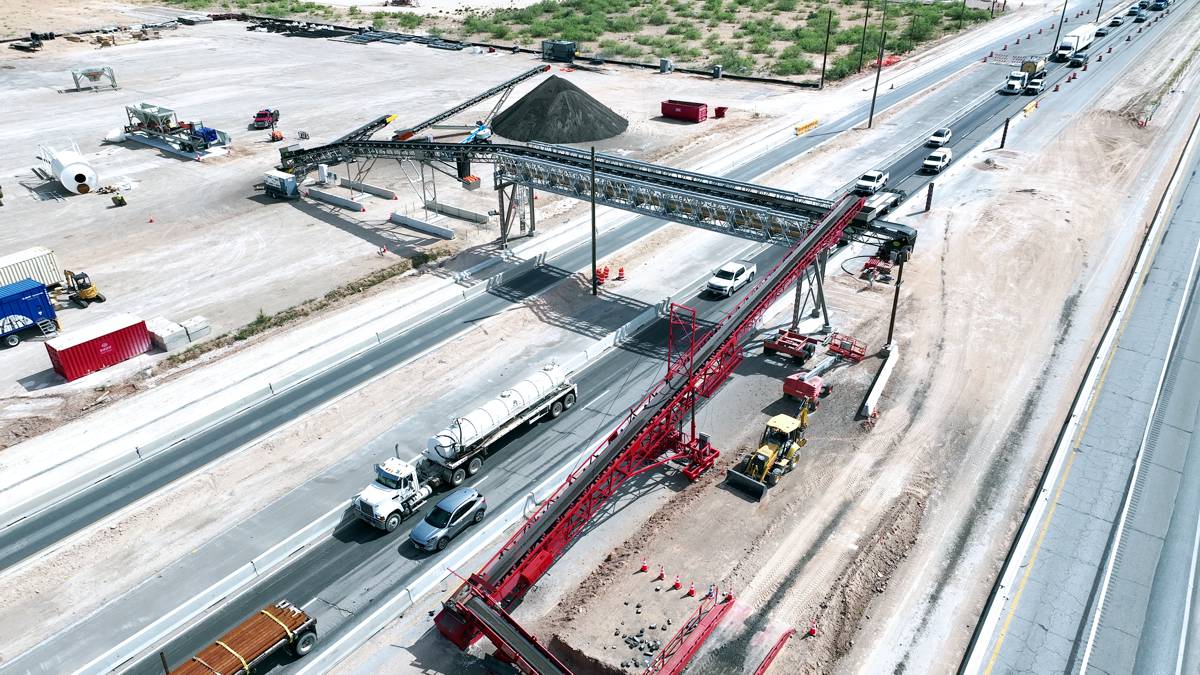Making Concrete Stronger and More Durable with Resin
Engineering structures made of concrete, steel, or other materials are subject to vibrations and stress. Because of this, small cracks appear, which grow and eventually lead to destruction. This phenomenon is called “fatigue failure”.
At the same time, corrosion of the material occurs under the influence of the environment. It is the combination of these factors – fatigue and corrosion failure – that will determine the service life of the structure. To increase it, materials are reinforced with various compounds. The RUDN University professor suggested using epoxy resin for this and compared how wear and an environment with different acidity would affect it in this case.
“Some scientists believe that fatigue failure is the main cause of destruction. However, sometimes the environment can cause more damage. For example, for concrete structures that are installed in water. In other words, the combination of corrosion and fatigue is more dangerous than each of these phenomena separately,” Kazem Reza Kashyzadeh, professor of the RUDN Department of Transport said.

He prepared several samples of ordinary and epoxy-reinforced concrete and conducted fatigue tests in different environments: air, water, seawater, acidic, and alkaline environments. The samples were first placed in the medium for a month, after which their compressive strength was measured and then tested in a high-cycle testing machine. The samples were subjected to the experiment at a frequency of three times per second until failure.
Concrete with epoxy resin coped better than other samples with the corrosive influence of the environment and cyclic loads. For example, for ordinary concrete in water, the load limit was about 10 tons, and for reinforced concrete – about 18. That is, the fatigue strength increased by 80%. The compressive strength of reinforced concrete immediately after exposure to an aggressive environment was 12% higher.
“Static tests have shown that the compressive strength of concrete with polymer is approximately 12% higher than that of conventional concrete in air. In all other aggressive environments, the static strength of ordinary concrete is also less. The fatigue strength of concrete with epoxy resin increases significantly in all environments, in some cases up to 200%,” Kazem Reza Kashyzadeh, professor of the RUDN Department of Transport said.





























